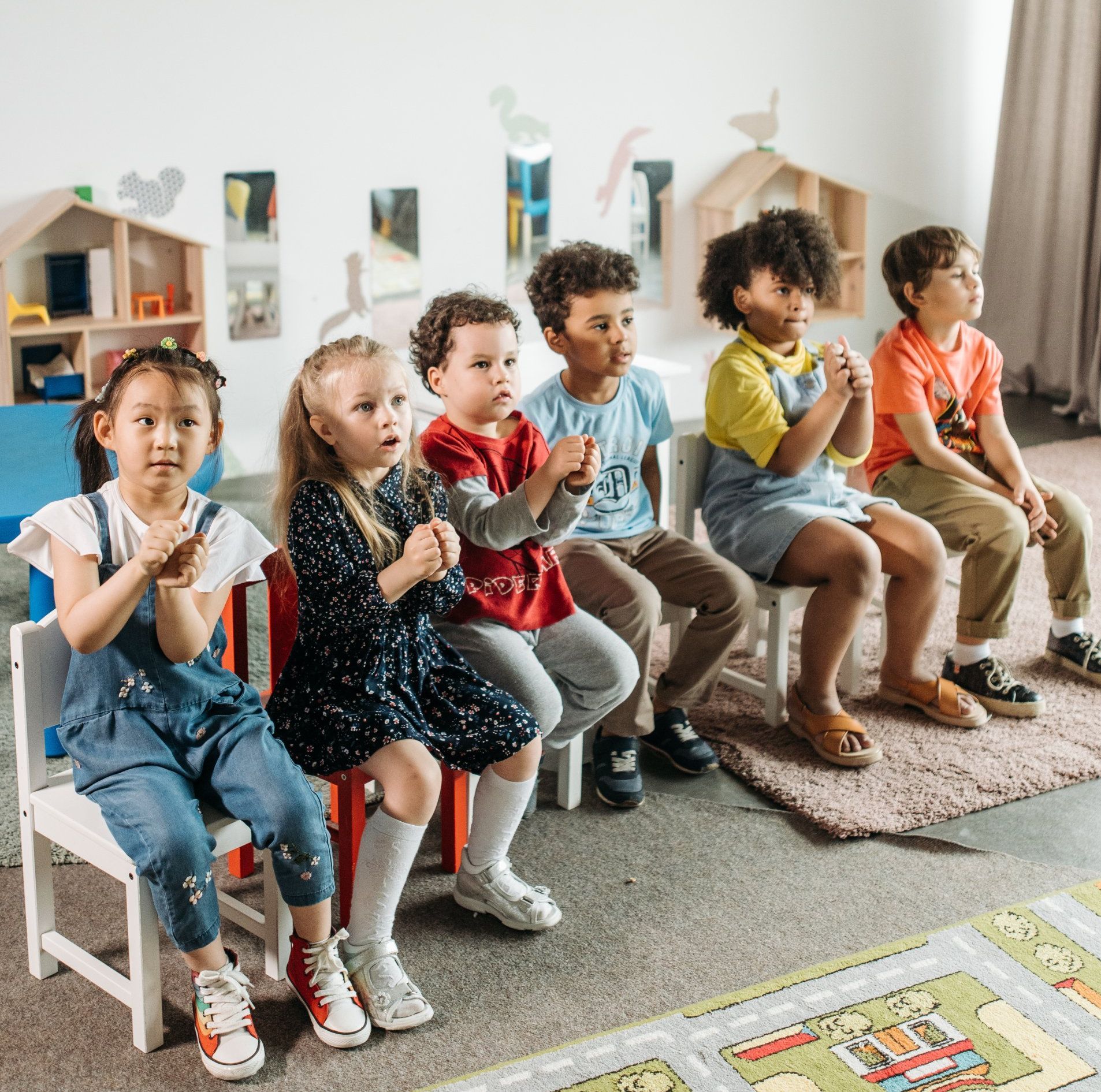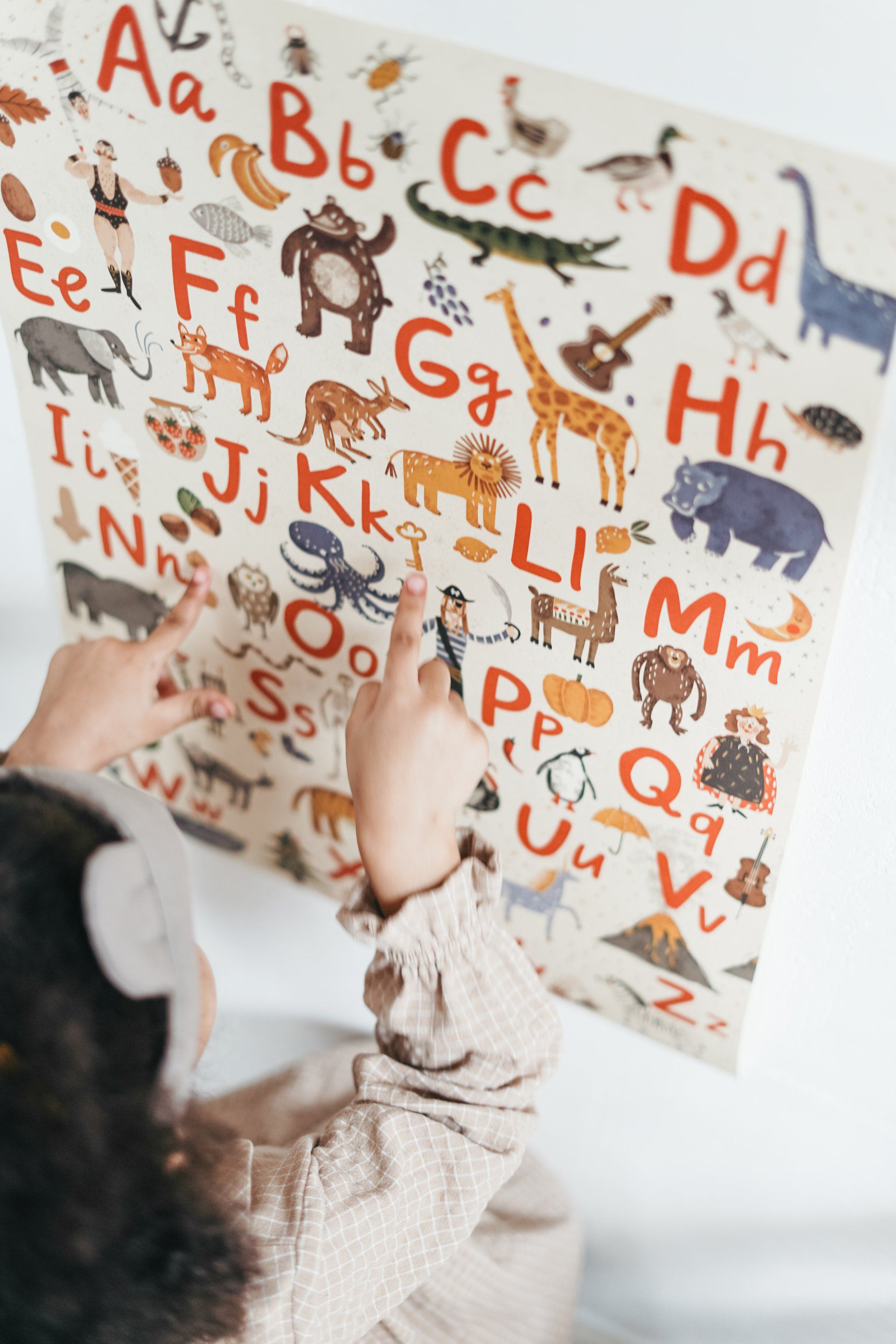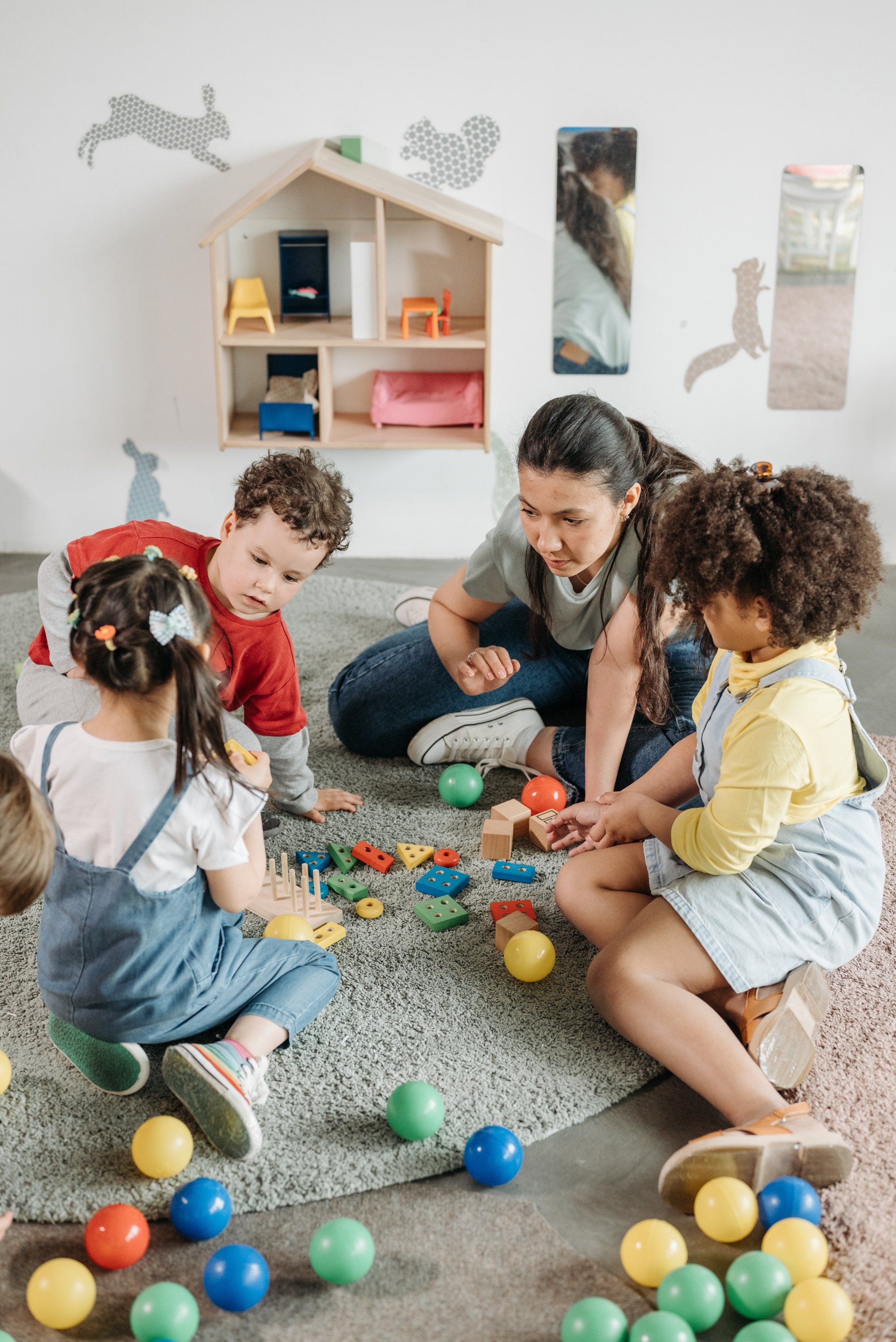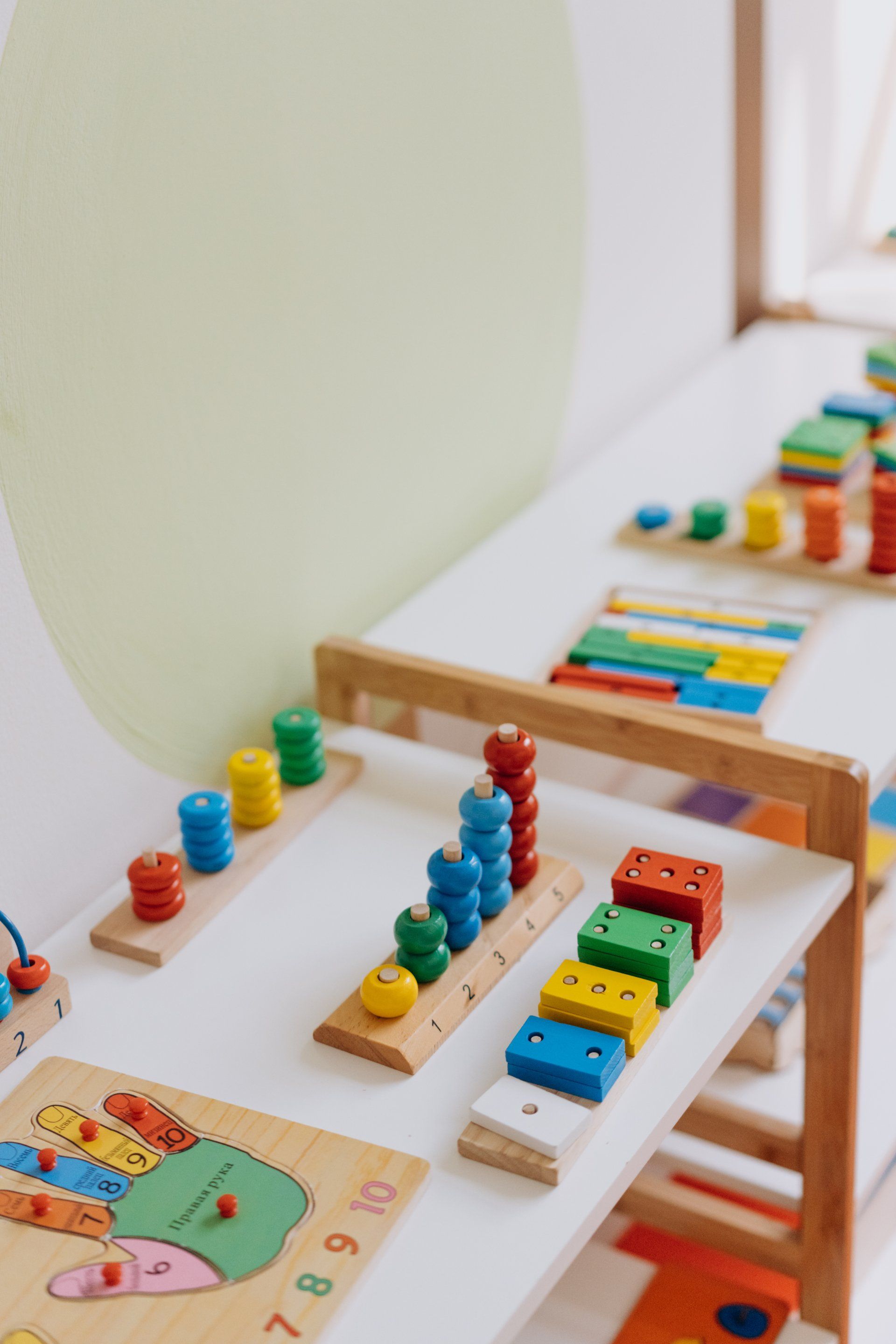How important is routine for children and their development?

Routine plays a crucial role in the development of children for several reasons. Here are some key aspects highlighting the importance of routine in a child's life:
1. Predictability and Security:
- Children thrive on predictability and routine as it provides a sense of security. Knowing what to expect in their daily lives helps them feel safe and builds a foundation of trust in their environment.
2. Emotional Stability:
- A consistent routine helps regulate a child's emotions. It provides a framework for understanding and managing feelings because they know what comes next, reducing anxiety and uncertainty.
3. Healthy Habits:
- Establishing a routine helps in instilling healthy habits. Regular meal times, bedtime routines, and designated times for homework or play contribute to a child's physical and mental well-being.
4. Time Management:
- Routine teaches children valuable time management skills. It helps them understand the concept of time, deadlines, and the importance of completing tasks in a timely manner.
5. Independence and Responsibility:
- Having a routine fosters a sense of independence and responsibility. Children learn to take charge of their daily activities, such as getting ready for school, completing homework, or tidying up their living spaces.
6. Cognitive Development:
- Routine aids cognitive development by providing a structured environment for learning. Consistent exposure to educational activities and daily tasks enhances cognitive skills, problem-solving abilities, and memory.
7. Social Skills:
- Routines often involve social interactions, whether it's playing with friends, sharing meals with family, or participating in group activities. These experiences contribute to the development of social skills and cooperation.
8. Sleep Patterns:
- A regular routine helps regulate sleep patterns. Consistent bedtime rituals signal to a child's body that it's time to wind down, promoting better sleep quality and overall health.
9. Adaptability:
- While routines offer stability, they also teach children how to adapt to changes. Occasional disruptions can help them develop resilience and coping strategies.
10. Communication Skills:
- Routines provide opportunities for communication within the family. Regular family time, such as meals or bedtime stories, allows for conversations, bonding, and the development of strong emotional connections.
It's important to note that while routines are beneficial, flexibility is also essential. Balancing structure with the ability to adapt to unexpected changes helps children develop a well-rounded set of skills for navigating life's challenges.







